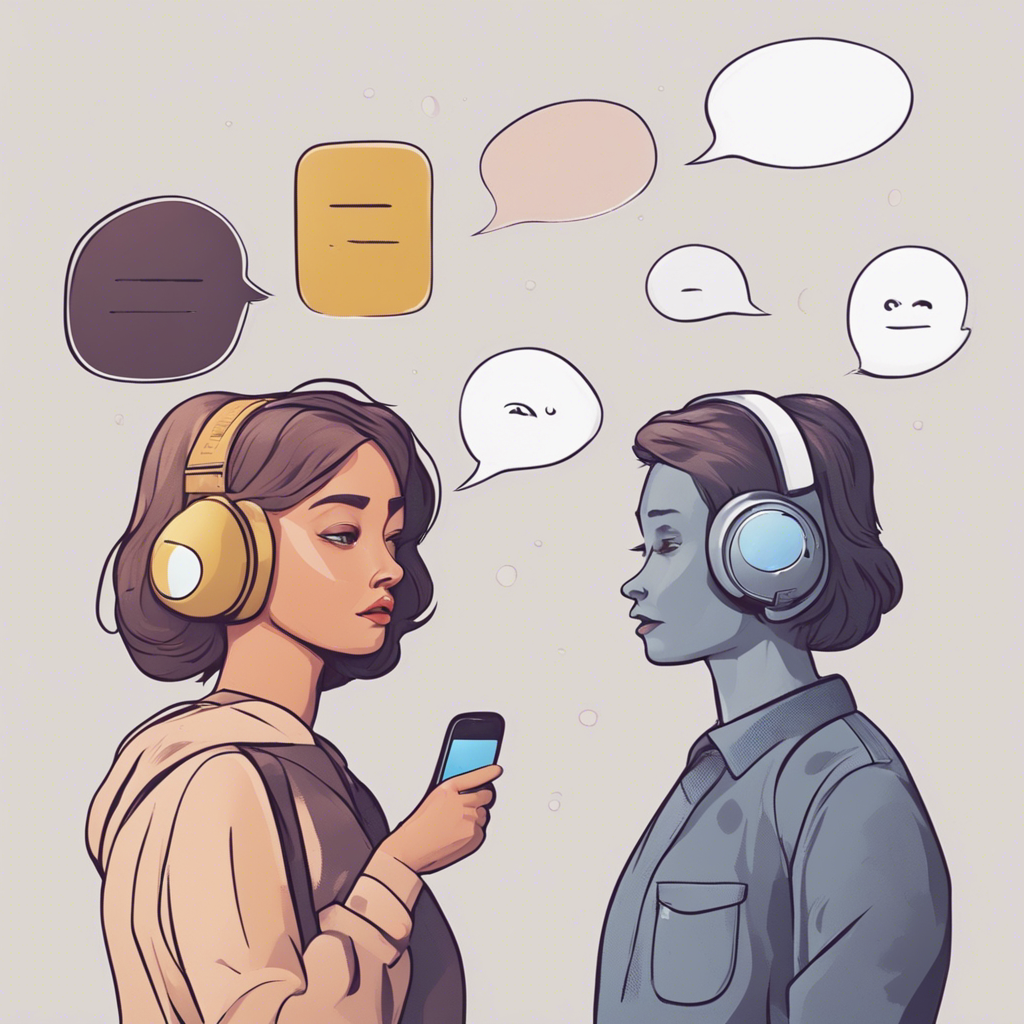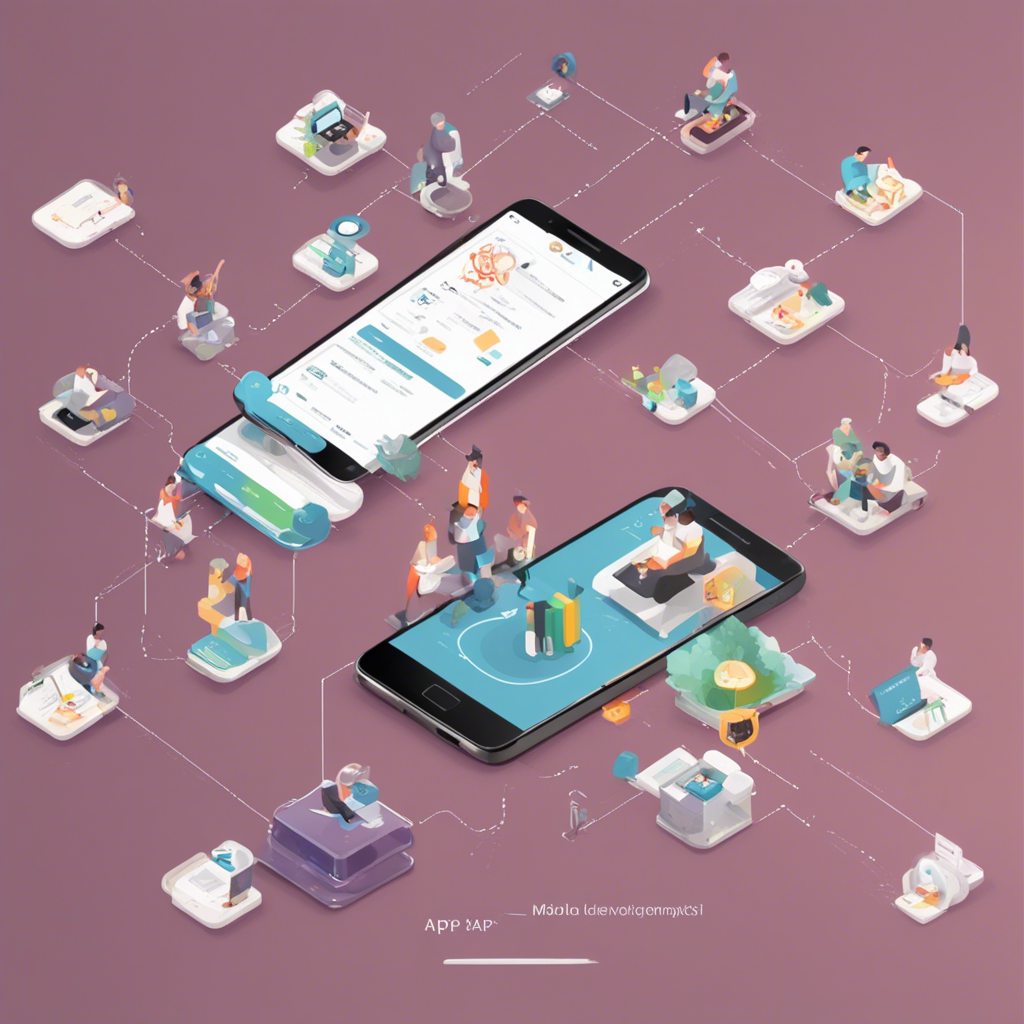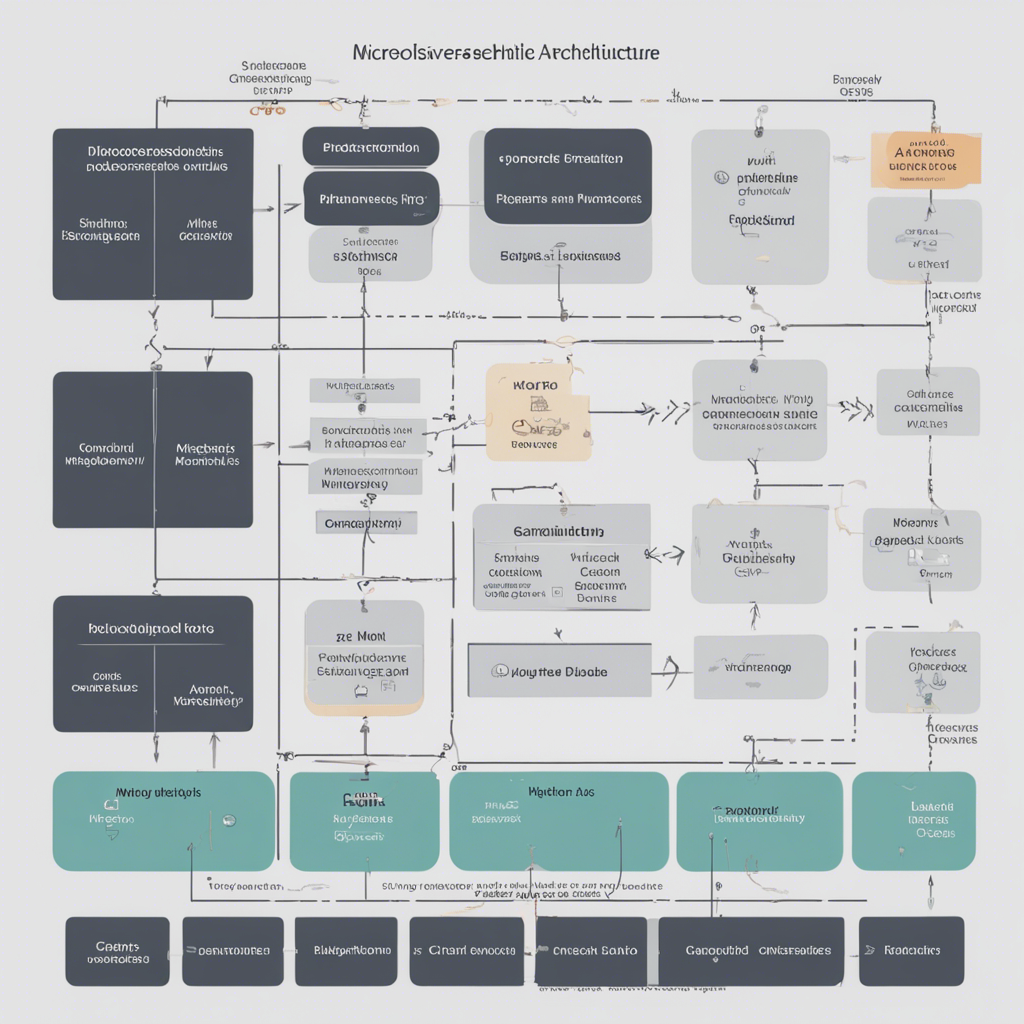
Rise of the Chatbots: The Future of Conversation
In recent years, advancements in artificial intelligence and natural language processing have given rise to a new form of technology known as chatbots. These conversational agents have the ability to engage in human-like conversations and are becoming increasingly prevalent in various industries. From customer service to healthcare, chatbots are transforming the way we interact and communicate. In this blog post, we will explore the rise of chatbots and their potential to shape the future of conversation.
Understanding Chatbots
Chatbots are computer programs designed to simulate human conversations, delivering information or performing actions based on predefined algorithms and responses. They can be deployed on various platforms, such as messaging apps, websites, and mobile applications. Chatbots interact with users through text or voice-based interfaces, responding to their queries or providing relevant information.
Chatbots are powered by artificial intelligence algorithms, enabling them to understand and interpret natural language. They utilize machine learning techniques to improve their responses over time, learning from past interactions and adapting to user preferences.
The Growth of Chatbots
Chatbot technology has experienced exponential growth in recent years. The global chatbot market is expected to reach $1.25 billion by 2025, with a compound annual growth rate of over 24%. This staggering growth can be attributed to various factors:
1. Enhanced Customer Experience
Chatbots have revolutionized customer service by providing instant assistance and personalized interactions round the clock. They can handle a high volume of customer queries simultaneously, reducing waiting times and improving overall customer satisfaction. According to a survey conducted by Oracle, 80% of businesses plan to use chatbots by 2020.
2. Cost Efficiency
By automating customer service processes, businesses can significantly reduce operational costs. Chatbots do not require breaks or vacations and can handle repetitive tasks without any errors. They offer a cost-effective solution for businesses seeking to enhance customer support while reducing overhead expenses.
3. Increased Engagement
Chatbots provide a conversational and interactive experience, enhancing user engagement. They can be integrated into social media platforms, websites, and mobile applications, allowing businesses to connect with their customers in real-time. Chatbots also have the ability to personalize conversations based on user preferences and past interactions, creating a more engaging and tailored user experience.
4. Accessibility
With the widespread use of messaging apps and the growing reliance on mobile devices, chatbots offer accessibility to a diverse range of users. They provide seamless interaction through messaging interfaces that users are already familiar with, eliminating the need for additional downloads or installations.
Chatbots in Various Industries
Chatbots are permeating diverse industries, transforming the way organizations interact with their customers. Here are some examples of how chatbots are being utilized across different sectors:
1. Customer Service
Chatbots have become invaluable tools for enhancing customer service. They can handle frequently asked questions, provide product recommendations, and assist with various concerns, streamlining the customer support process. Major companies such as Apple, Amazon, and Microsoft have implemented chatbots to improve their customer service experience.
2. E-commerce
Chatbots are increasingly being utilized in e-commerce platforms to deliver personalized recommendations, answer product-related queries, and assist with the purchasing process. By analyzing user preferences and purchase history, chatbots can provide tailored suggestions, ultimately boosting sales and customer satisfaction.
3. Healthcare
In the healthcare industry, chatbots are being deployed as virtual assistants to provide basic medical advice, remind patients of appointments, and offer medication reminders. Chatbots help reduce the burden on medical professionals, improve patient engagement, and ensure timely healthcare information is provided to users.
4. Finance
Financial institutions are leveraging chatbots to enhance their customer service and streamline financial transactions. Chatbot assistants can provide users with real-time updates on account balances, perform fund transfers, and answer queries about transaction history, ensuring a seamless and efficient banking experience.
The Future Impact of Chatbots
As chatbot technology continues to evolve, we can expect several advancements and impacts on various aspects of our lives. Here are some predictions for the future of chatbots:
1. Improved Natural Language Processing
Advancements in natural language processing and machine learning techniques will enable chatbots to understand and respond to even more complex queries. They will become more proficient in understanding context, emotions, and nuances, leading to more human-like conversations.
2. Omnichannel Integration
Chatbots will be further integrated across multiple platforms, enabling seamless conversations across various channels. Businesses will be able to connect with customers through messaging apps, social media platforms, websites, and voice assistants, ensuring consistent and personalized interactions.
3. Personalization
With access to user data and machine learning capabilities, chatbots will become increasingly personalized in their interactions. They will be able to offer tailored recommendations, anticipate user needs, and provide more targeted solutions, enhancing the overall user experience.
4. Virtual Companionship
Chatbots will not only serve functional purposes but also provide emotional support and companionship. They will be designed to engage in empathetic and supportive conversations, acting as virtual friends or companions for individuals in need of emotional connection.
Conclusion
The rise of chatbots marks a significant milestone in the way we communicate and interact with technology. With their ability to provide instant assistance, personalized experiences, and round-the-clock availability, chatbots are transforming various industries and reshaping the future of conversation. As technology continues to advance, chatbots will play an increasingly important role in our lives, delivering enhanced user experiences and revolutionizing customer service across the globe.
Sources:






